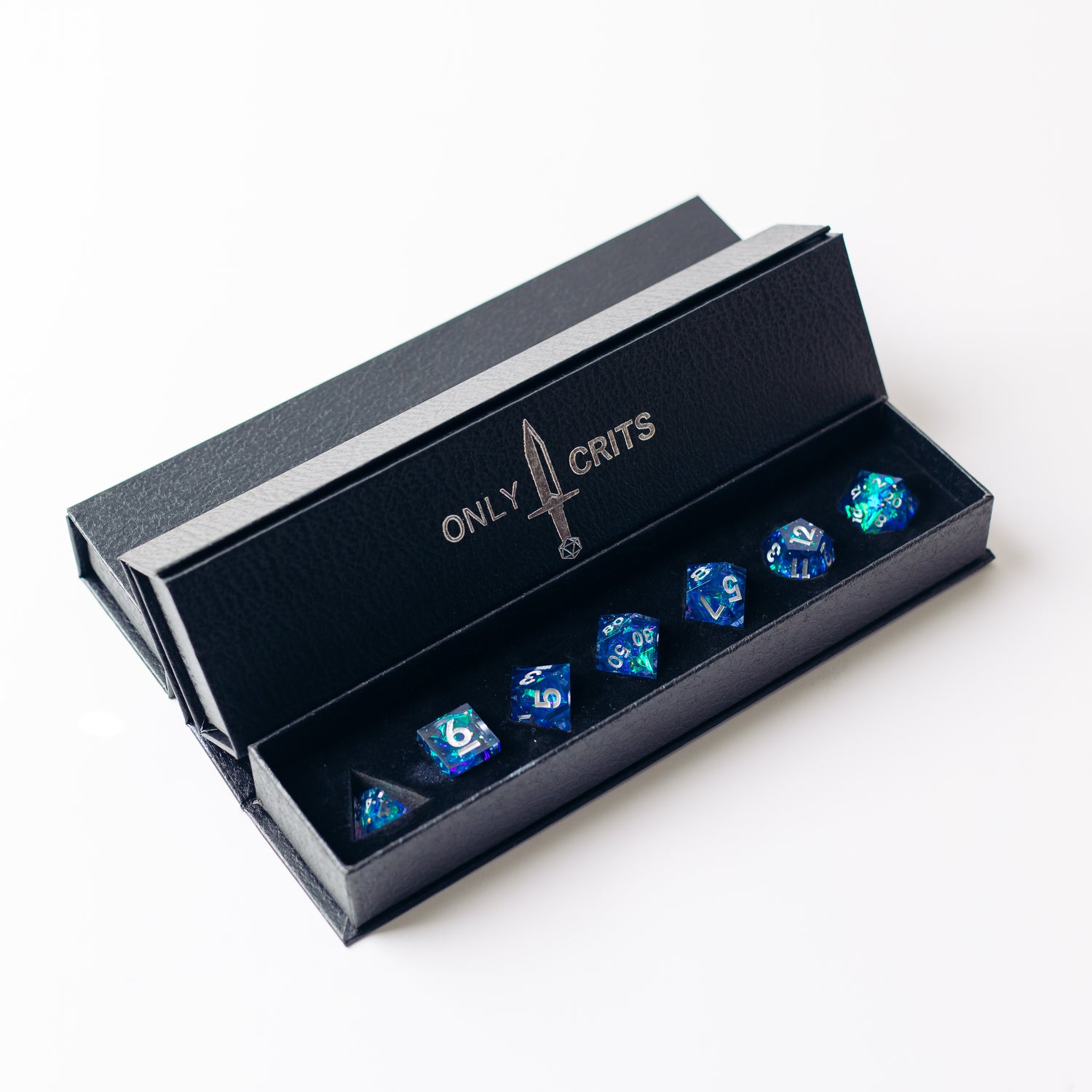First and foremost, stop worrying so much. If you already care enough to be reading a blog post like this, odds are you have everything you need to present a great session or campaign for your players. That is, unless you're starting with this instead of the Player's Handbook or Dungeon Master's Guide. Start there, then come back.

DMing and You
It is very intimidating to be the frontman for anything, and that includes DnD. All the dice, pre-written adventures, lore and podcasts won't prepare you for that first session; because the reality is once you're in the DM's chair it's on your shoulders. The first thing to remember is that you are still a player. It's a fact that comes up a lot when people talk about the Matt Mercer Effect, that just because many DMs of popular shows and podcasts do an excellent job, every DM is expected to do similarly amazing stuff. That's not the case. As the DM you simply fill a different role in the game. But never forget, it is an extremely fun role to fill. So you've prepped, now it's time to get the show on the road. How do you present something new and entertaining, fun but not predictable? How do you set yourself apart for your players? What should you focus on to do so? Let's talk about that.
Conscious vs. Unconscious Choices
As a DM you make decisions constantly. Not only will these be in-game rulings, but they will be things like what monsters you choose, how long your dungeons are going to be, whether you're going to use systems like encumbrance or not, and on and on. Some of these choices will be conscious, while others are not. Let's begin with the conscious ones, because they are often easier to recognize and therefore easier to shape.
Conscious Choices
If you have selected systems or rules you want to include, exclude or homebrew that's great! That already is going to shape your style, and it's a great place to start if you're trying to present something unique. Rule one when altering the big picture of a campaign: communicate these choices. Most conscious decisions involving rules, classes, tone, races, sometimes even worldbuilding; anything that might affect the players or their own decisions should be communicated to them. Conscious decisions that should not be communicated ahead of time are story beats and twists. If you want to run a low-fantasy bar crawl with magic, your players need to know that. If you're planning on kidnapping one of their children (in the game obviously), you should not give them a heads up on that. Where you shape the style of your game will come in large part during the preparation and session zero when you establish elements like setting, party size, what races/classes people will be playing, whether you're planning on having sessions be more roleplay heavy or more combat heavy. These are things you should know consciously beforehand, and now you know you can tweak them if you want to shift up your style. In other words, style can be derived from surroundings, and you are in charge of the surroundings. Whimsy, grittiness, comedy and mood are all under your control if you wish. Use them as desired.
Unconscious Choices
Obviously, these are harder to notice and change. Once again the most important thing to do when looking for the choices you normally don't question is be open to communication from your players. It may seem like no big deal to you to give all spell slots back on short rests, but to the wizard who has a whole class feature devoted to getting certain spell slots back, that might be a big deal. If you want to make a change from your normal style, try adding something to what you normally do. This may mean asking for more ability checks, having people roll flat d20s to determine outcomes or doing so yourself, trying out new systems or adding homebrew rules. This changes an unconscious choice (i.e. you always use RAW so you don't really think about it for instance) into a conscious one, and therefore puts it under your control. You might not like it, and that's fine, but giving yourself something to focus on will often bring that which you don't think about into clearer focus. Another thing which helps to show you how the decisions you make are affecting your game without you realizing it, is by either playing in a different game as a player or by listening to someone with a different style run a game. Like many people I began DMing after watching Critical Role, and many of my unconscious decisions were therefore styled after Matt Mercer. It wasn't until I started playing in a friend's game, who I happen to know listened to Dungeons and Daddies as his first introduction to DnD, that I could point out the differences between his and my game. To get further control over your style, find ways to identify your unconscious decisions, so that you can instead make them conscious.
Start Small
It may seem like it would be easier to make stylistic changes broadly first, and work your way down. I have not found that to be the case. When I personally change my settings and tones without first trying out the little stuff, my games simply play as stylistically similar but tonally different. My players know what they can get away with and instead settle down to focus story and their own decisions. There is nothing wrong with that by any stretch, but it's not the goal of this article. To change styles, you have to change the nitty gritty. An example: I normally don't have my monsters and villains talk all that much during combat, because everybody is focused on killing one another. But what if I changed that? It wouldn't be changing anything fundamental, no rules would differ, no players would be limited or need to learn new systems; but once they get ready to hit a guard with a mace suddenly he's talking trash, or lying about having a family, or swearing everlasting fealty to his lord. Nothing, really, has changed. Yet it feels different. That is what it means to change or establish style. The game feels different.
You're Already Doing Great
That's not hyperbole. No matter who you try to emulate, what rulesets you employ or how may little details you make conscious decisions about, you already have a style. That's a great thing. If you want to change up your style, that's great too and hopefully some of the parts of this article will help with that (focus on the small stuff, find your norms, and make conscious decisions). But if you're worried that your campaign or session isn't stylistically interesting enough, don't. Every DM is different, as is every player. Those nuances are wonderful and make every session of DnD different and unique in their own ways. You have the tools to be something new and exciting for yourself and your players, and don't let anything make you think otherwise. Communicate and have fun. Sometimes, that's all there is to it.


